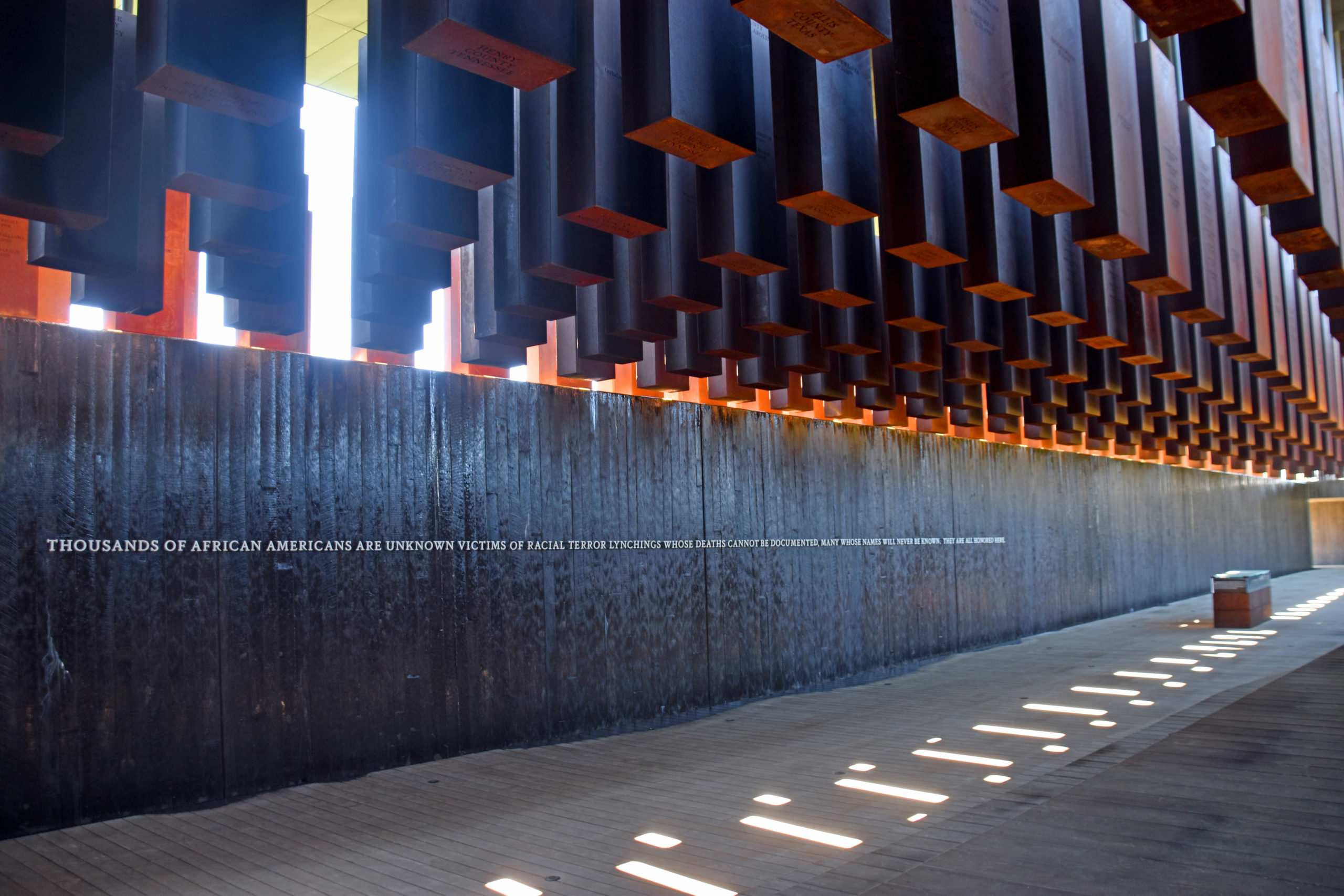The Black Lives Matter protests of 2020, re-kindled by the extrajudicial killing of George Floyd by three Minneapolis police officers, ignited what recent figures suggest is the largest protest movement in United States history. On October 7, 2020, fueled by the urgency of this social movement and mobilized by a coalition of human rights and civil society organizations, including CJA, the Inter-American Commission on Human Rights (IACHR) will hold a thematic hearing on Structural Racism and Police Violence in the United States.
In 2014, the murder of Micheal Brown at the hands of a Ferguson police officer ignited the #BlackLivesMatter movement to a heightened level of mobility and global visibility. However, extrajudicial killings of Black people by police continue with alarming regularity and with a persistent lack of accountability. In the first eight months of 2020, police in the U.S. killed 164 Black people.
The killing of George Floyd, and of Ahmaud Arbery, Breonna Taylor, David McAtee, Tony McDade, Robert Fuller, Dominique “Rem’mie” Fells, Maurice Gordon, Riah Milton, Malcolm Harsch, Elijah McClain, Rayshard Brooks, and Oluwatoyin Salau in 2020 have been followed by an outpouring of protests globally. The protests that have swept the United States since Mayhave been, however, met with extraordinary brutality from police and other state security forces. The state violence that both precipitated and followed these protests is a result of the legacy of structural racism against Black Americans and communities of color, and the persistent lack of accountability and redress for centuries of violence.
In the present system, police officers and departments are rarely held accountable for excessive use of force or violence. Despite obligations in international human rights law to investigate, and where appropriate, prosecute and provide reparations for excessive use of force by state agents, 98.3% of killings by police from 2013 to 2020 have resulted in no accountability.
Organizations like Mothers Against Police Brutality, M4BL, Black Lives Matter, The Anti Racism Fund, Advancement Project, NAACP, Colors of Change, and the Community Justice Action Fund, among many others, have spent years, and in some cases, decades, leading the conversations on racial justice and policing. U.S international human rights organizations such as CJA work in support of these efforts, including by leveraging international mechanisms such as the IACHR and the UN to catalyze systemic change in the United States.
2020 UN advocacy Working with the family members of victims of police killings, including the families of George Floyd, Breonna Taylor, Philando Castile, and Michael Brown, civil society organizations from around the world called on the UN Human Rights Council (UNHRC) to urgently convene a special session to debate and to investigate structural racism and police violence in the United States. The UNHRC held an urgent debate during which no less than 120 speakers, including George Floyd’s brother Philonise Floyd, took to the floor to address the Council. Though the UNHRC issued a resolution condemning structural racism and police violence against communities of color, it did not call for an investigation into the killings of Black Americans. Instead, it directed the UN High Commissioner for Human Rights to prepare a report on systemic racism and human rights violations by law enforcement in communities of African descent globally.
In response the families and civil society organizations, including CJA, criticized the UNHRC’s watered-down resolution and its broad focus. The coalition called on the High Commissioner for Human Rights to engage in regional and public hearings to center the lived experiences of Black Americans in her report and to ensure her report took a holistic approach to the issue, examining all extrajudicial killings of Black Americans and taking a historic view of the structural racism that exists in the U.S. to this day.
2020 IACHR Hearing Recognizing that systemic change requires a multi-pronged approach and the work done by the Inter-American Commission on Human Rights on systemic racism and police violence in U.S. communities of color to date, on July 22, 2020, CJA and a coalition of human rights organizations and community members requested a thematic hearing on the issue before the IACHR.
The coalition hopes the Commission can play a crucial role in initiating the institutional reforms and reparations required to meaningfully address the United States’ centuries-long history of impunity for racist state violence.
The hearing, on October 7, 2020, will focus on updating the analysis provided in the IACHR’s 2018 report on racism and state violence in the United States, as well as developing concrete recommendations on how to establish effective accountability and policy frameworks to provide meaningful and transformative reparations, including through divestment from police departments and reinvesting state resources in Black communities and other communities of color.
